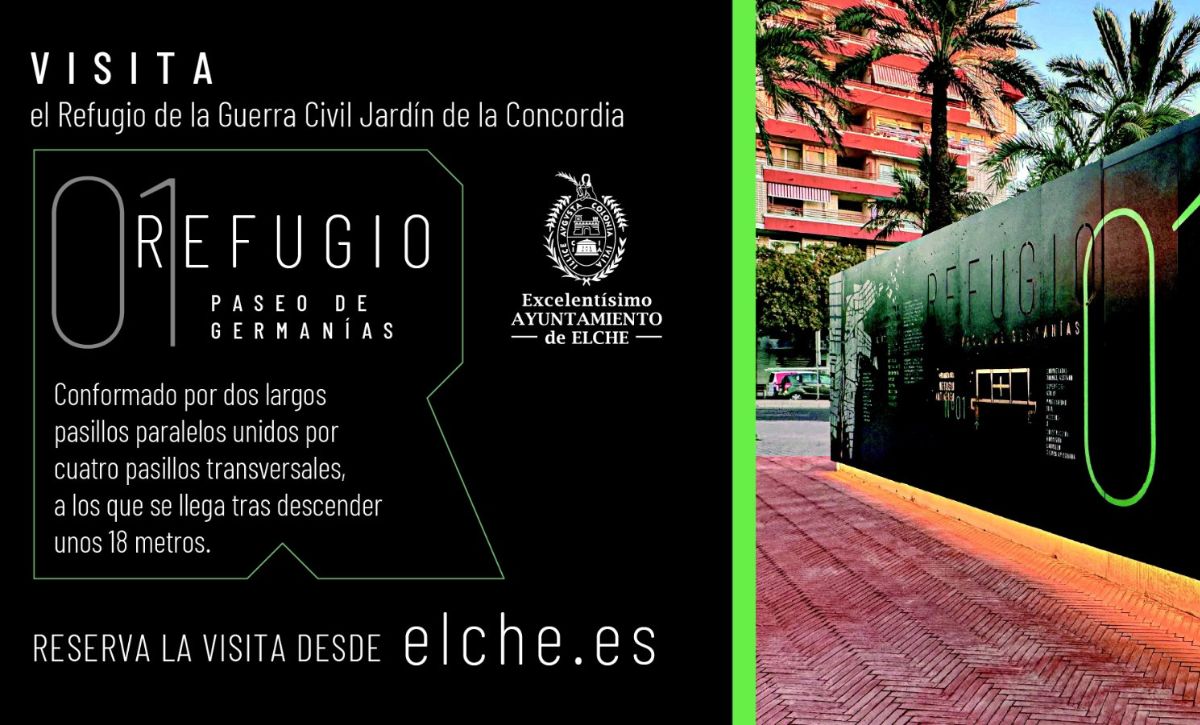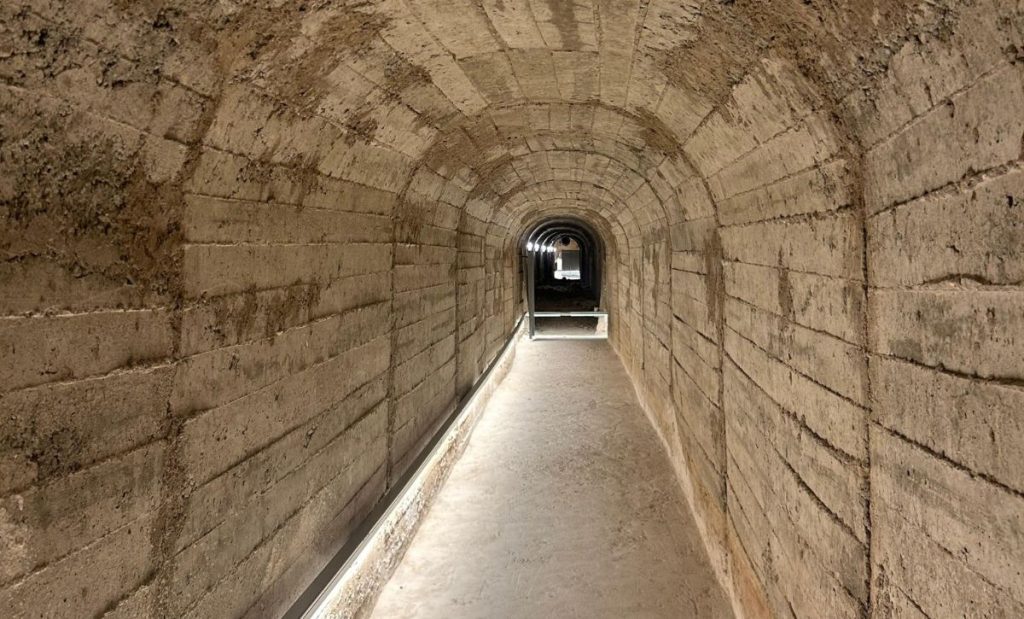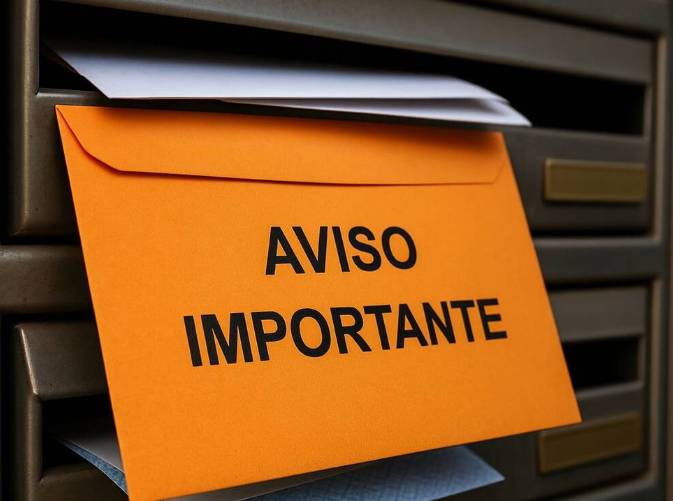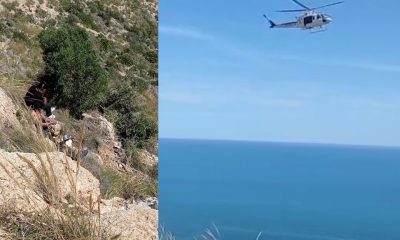Costa Blanca
Today’s Hamburg airport strike will impact Alicante flights

A strike at Hamburg airport in Germany this yesterday, one day before the one already called by the Ver.di union at several German commercial airports for today, Monday, March 10, 2025, has affected forty operations, including those at Alicante-Elche airport, of departing flights (20) and arrivals (20) to Spain.
The Spanish airports that were impacted by the strike in Hamburg had scheduled operations in Gran Canaria, Palma de Mallorca, Madrid, Barcelona, Fuerteventura, Tenerife, Alicante, La Palma, Malaga, and Bilbao, according to Aena sources who spoke to Europa Press.
The strike has been called yesterday “without prior notice” and “immediately” by ver.di, according to Hamburg Airport.
Ver.di has also called for a strike in a number of airport operations, including passenger security checks and aircraft handling, today Monday, March 10th. As a result, the airport stated that while passenger departures are not possible arrivals are, but significant difficulties and cancellations are likely.
According to the German services union’s website, the strikes at German airports are intended to put more pressure on employers from the Federal Association of Aviation Security Companies (BDLS) in collective bargaining talks that have recently stalled in order to improve working conditions for the roughly 25,000 workers in the aviation security industry.
Discover more from Costa Blanca Daily
Subscribe to get the latest posts sent to your email.
Costa Blanca
Elche air raid shelter opens to the public on Friday April 11th

The inaugural shelter constructed during the Spanish Civil War has been accessible to the public, as announced by the Department of Culture and Tourism. Last December, this entirely renovated facility was inaugurated at the Jardín de la Concordia on Paseo de Germanías.
Irene Ruiz, the councillor for the area, has announced that as from yesterday, Monday, April 7th, appointments can be made. However, visits will not commence until Friday, April 11, as they must be requested at least 72 hours in advance via the City Council website (https://www.elche.es/refugio-no1-del-paseo-de-germanias/). The activity must be authorised as extracurricular by the corresponding School Council in the case of school groups.
Visits must be scheduled on the specified days and times, Monday through Friday, from 10:00 a.m. to 1:30 p.m. The minimum group size is 15 individuals, and the maximum group size is 21, and admission is free. The tour is suitable for all ages, lasts approximately 45 minutes, and is 117 metres in length.

Shelter No. 1 on Paseo de Germanías is only one of thirteen shelters constructed in the city during the Spanish Civil War. The construction was designed to safeguard the civilian population from prospective air attacks; however, this function was never realised, as the city of Elche was never bombed.
Its architecture, which consisted of lengthy, parallel corridors, was originally designed with three entrances; however, only two were ever completed. These entrances have been restored and are now accessible to the public for excursions.
The air-raid shelter located on Paseo de Germanías is the most architecturally intricate of all the urban shelters. It is comprised of two long parallel corridors that are connected by four transverse passageways and can be accessed by descending 18 metres. The compacted earth floor and masonry walls that were its original features were replaced with concrete in the 1950s.
Information panels, photographs, signage, and lighting are present throughout the tour of the facility, which is now a museum.
Irene Ruiz reminded visitors that the sanctuary is not accessible to individuals with reduced mobility due to the absence of an elevator. Instead, there are two 87-step staircases. Additionally, there are no facilities, prams must be folded down during the visit, pets are prohibited, and the shelter’s or tour guide’s instructions must be adhered to at all times.
Discover more from Costa Blanca Daily
Subscribe to get the latest posts sent to your email.
Costa Blanca
Beware if you receive an orange envelope in your postbox

With the advent of digitalisation, home fraud has not eradicated. Despite the fact that online schemes generate headlines and arouse apprehension, certain criminals persist in employing conventional methods to defraud citizens, occasionally integrating these traditional methods with more contemporary ones. In this regard, there has been recent discussion regarding a form of fraud that entails an everyday object, such as a plain orange envelope. This scam entails the insertion of letters that are visually appealing into the receptacles of individuals.
The envelopes either lack a return address or appear to be from official agencies, banks, or well-known corporations. The victims’ attention is captured through the use of phrases such as “urgent notice” or “last chance” and bright colours. The objective remains consistent: to elicit an immediate and emotional response.
An envelope may contain a letter containing instructions that, if followed, could compromise confidential information or access to bank accounts. In certain instances, a phone number that refers to premium-rate services or links to fraudulent websites via QR codes are included. In this type of fraud, psychological pressure is a critical factor: the language employed is designed to instill fear or urgency, particularly in elderly individuals.
How to identify and respond to a suspicious letter
The messages frequently include legal or administrative terms, such as “embargo,” “fine,” or “cancellation of services,” which are designed to duplicate official notifications. Under no circumstances should the instructions in the letter be implemented. The primary suggestion is to refrain from making calls to the number provided, refrain from scanning any QR codes, and consistently confirm the authenticity of the message with the purported sender through official channels.
If the fraud is verified, the most effective course of action is to destroy the letter and, if uncertain, notify the authorities. The most effective defence against this type of scam is prevention, as it exploits the normal appearance of traditional correspondence to infiltrate residences without eliciting immediate suspicion.
Discover more from Costa Blanca Daily
Subscribe to get the latest posts sent to your email.
Costa Blanca
Fugitive sought by the Slovak authorities arrested in Torrevieja

A 41-year-old Slovak male who was the subject of a European arrest warrant issued by his country of origin has been apprehended by Guardia Civil officers. He was a fugitive from Slovak justice and was apprehended during a police operation.
The detention occurred on March 29th as part of a preventative operation that was implemented in one of the municipality’s busiest leisure areas. The objective was to regulate the entry of individuals and vehicles into the port area, which is a frequent gathering spot on weekends.
Officers identified a vehicle whose operator endeavoured to circumvent police control during the operation. Officers intercepted the vehicle, which was transporting two individuals, in response to this suspicious conduct.
Officers encountered that one of the passengers was being pursued by Slovak authorities upon identifying the occupants. The individual, who had been residing in Spain since mid-2024, was promptly apprehended.
The detainee was subsequently brought before Central Investigative Court No. 2 of the National Court, which ordered his remand in detention pending his extradition to Slovakia.
Discover more from Costa Blanca Daily
Subscribe to get the latest posts sent to your email.
-

 Costa Blanca5 days ago
Costa Blanca5 days agoBefore Easter, the new road through La Hoya should open
-

 News2 weeks ago
News2 weeks agoWhat is included in the emergency pack that Europe announced?
-

 Costa Blanca2 weeks ago
Costa Blanca2 weeks agoVega Baja students taking part in the Duke of Edinburgh awards
-

 News2 weeks ago
News2 weeks agoMan arrested by National Police for scamming over 200,000 euros
-

 Costa Blanca2 weeks ago
Costa Blanca2 weeks agoUrgent meeting requested by Alicante firefighters to settle labour dispute
-

 Costa Blanca2 weeks ago
Costa Blanca2 weeks agoPortugal has arrested the wanted man who killed John George near Rojales
-

 Costa Blanca2 weeks ago
Costa Blanca2 weeks agoVets protest about the animal drug control regulations
-

 Costa Blanca2 weeks ago
Costa Blanca2 weeks agoMan arrested for five home robberies and another at a cafe in Calpe

















